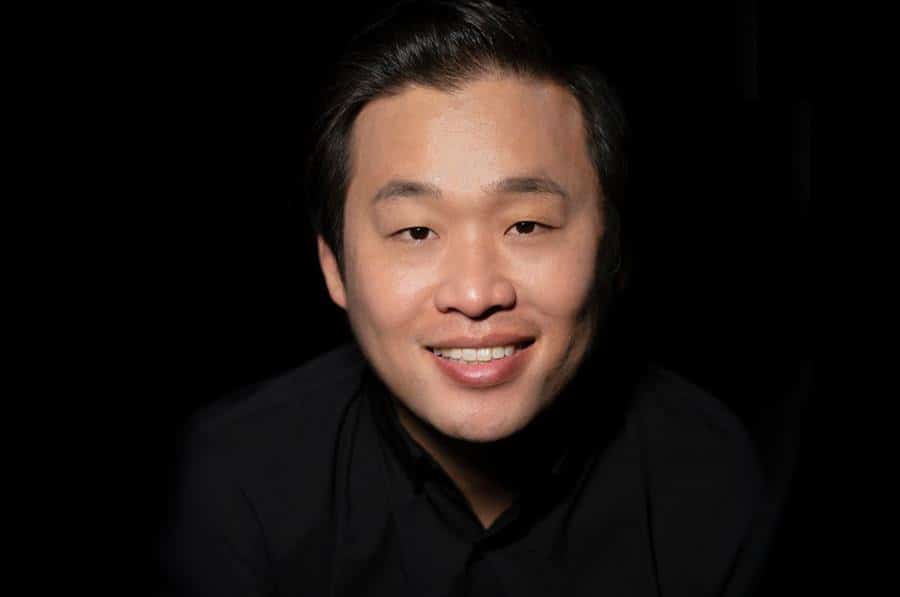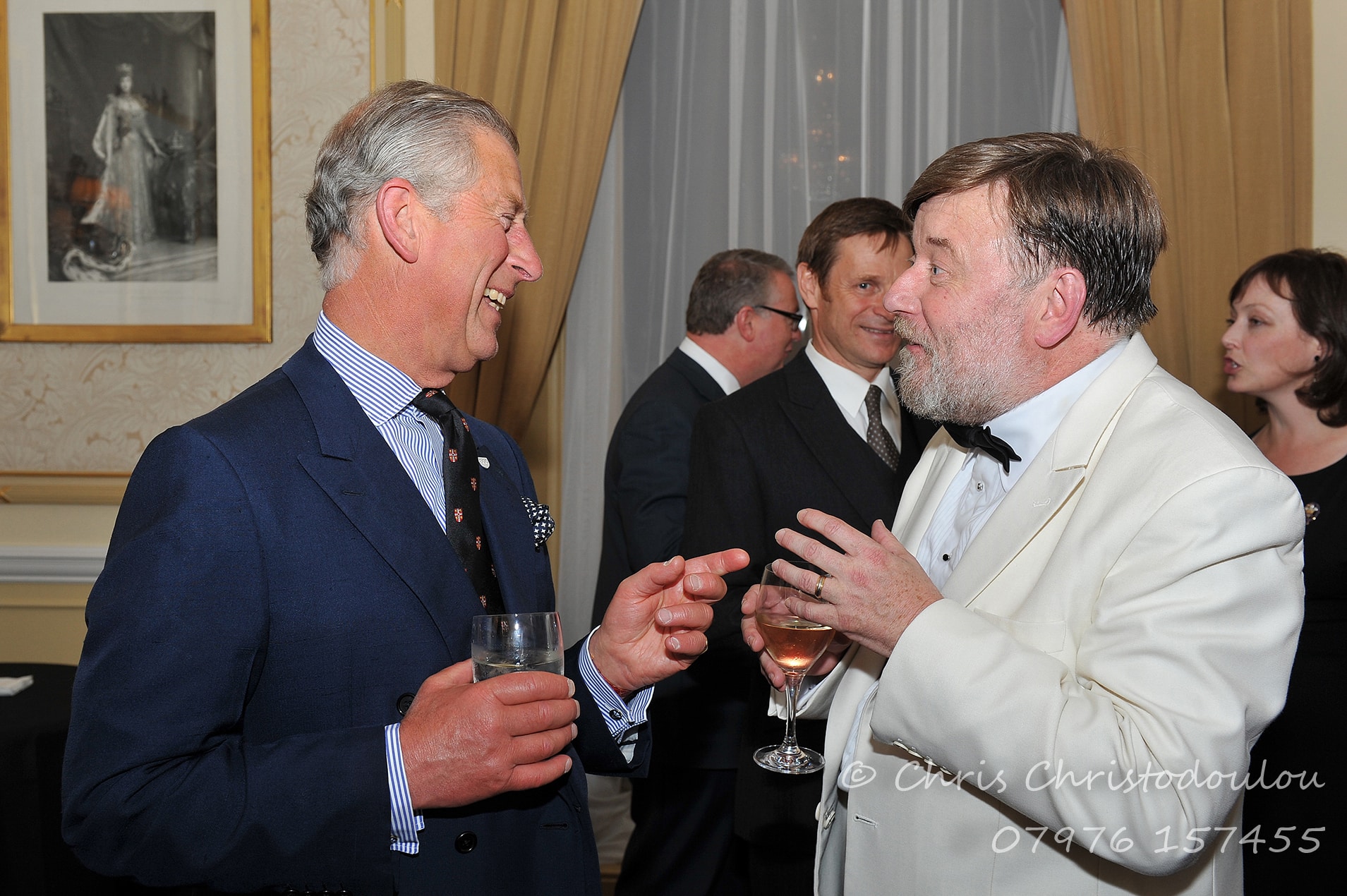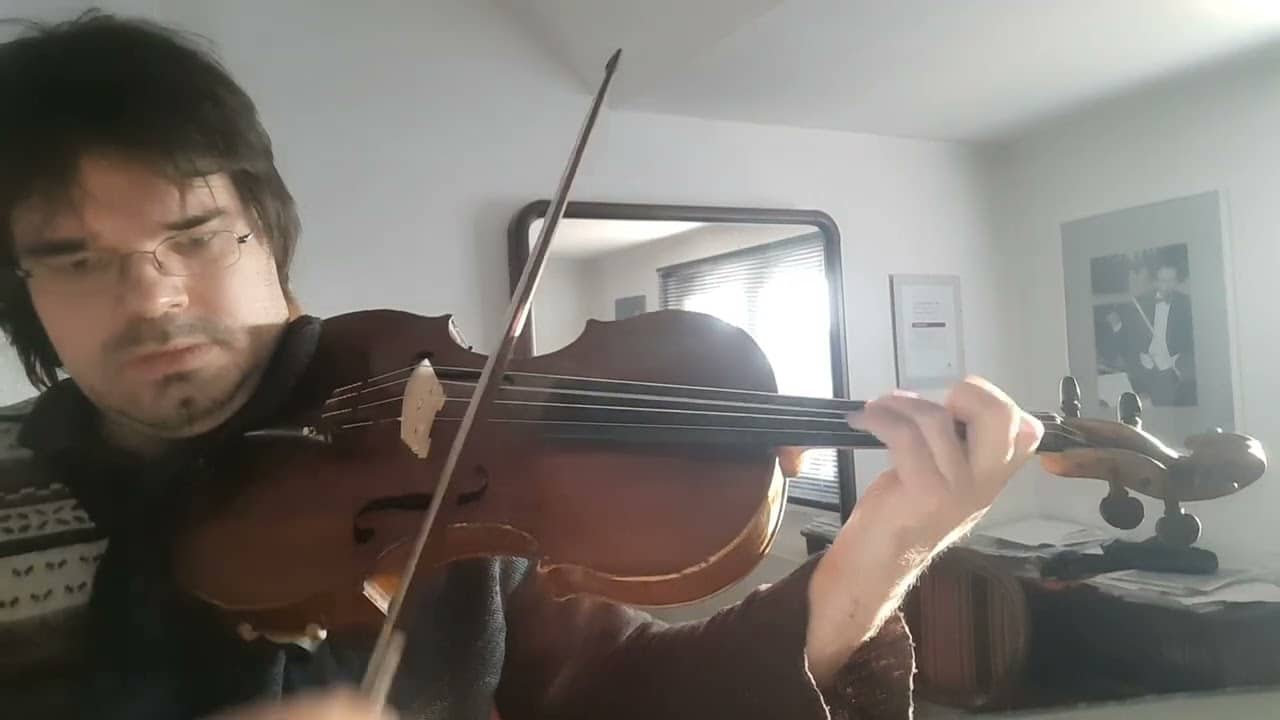Baritone gets rehired as a tenor
NewsThe South Korean opera singer SeokJong Baekused used to be a baritone on the books of Guy Barzilay Artists.
Now AskonasHolt has signed him as a tenor.
Better for business?
Press release:
Askonas Holt is pleased to welcome South-Korean tenor SeokJong Baek to our roster for general management.
SeokJong began his career as a baritone, during which time he was an Adler Fellow, a member of San Francisco Opera’s Merola Programme and a Resident Artist at the Lyric Opera of Kansas.
Over the past two years, SeokJong made the transition from baritone to tenor, and appeared this spring as Samson in Richard Jones’s new production of Saint-Saëns’ Samson et Dalila. This “mightily impressive Royal Opera stage debut” (The Guardian) was also both a role debut and his professional debut as a tenor, with The Arts Desk declaring ‘Baek has a glorious young lyric-heroic tenor voice, wielded with technical perfection from stentorian battle cries to tenderest soft singing.’
Future seasons will see a series of exciting house and role debuts across Europe and the US as Radamès, Calaf, Cavaradossi and Turridu.






better for business? no…he IS a tenor. His Samson was very impressive at ROH He is far from the first singer to develop into a tenor….
I don’t know SeokJong Baekused at all, however, the change of the voice register is often due to the development of the voice or the realisation that another register suits the voice better. There are a lot fo mezzos going soprano, sopranos going mezzo, tenors going barition etc. (e. g., Anna Lucia Richter, Placido Domingo to name the most prominent ones in recent time). To assume economic considerations here seems rash to me. Moreover, from a business point of view it is not a good idea to sing roles not fitting to the voice. The career would come to an early end.
“Better for business?” seems too cynical unless you are basing that on hearing the voice itself.
It is not uncommon for young voices, guys who always believed themselves to be baritones, to take on a new teacher or coach who determines that they are in fact tenors “with the lid on.” The most famous example is probably Lauritz Melchior and, in common with SeokJong Baek, Melchior’s career as a baritone was actually fairly advanced before he discovered, or a vocal coach discovered, that he had more on top than he knew. The rest is history.
Of course, aging tenors whose voice has a certain heft have taken on baritone roles even as they have to retire some of their tenor roles as the top notes go, and the lower notes sound better and better — Domingo of course, and some voice experts assume that had Caruso lived he would have done the same: retire some tenor roles, take on more baritone roles. Caruso’s final recordings support this notion, and at least some experts say that Caruso’s version of Rachel, quand du Seigneur from Halévy’s La Juive is essentially, the singing of a great baritone with good top notes.
Somewhat off topic but most countertenors are baritones.
The ROH seems to have taken him on as a stand-in for every cancelling tenor. Not a bad way to get a career going.
Another fine singer of the past century whose vocal trajectory was baritone-tenor-baritone was Ramón Vinay.
I seem to remember that Atlantov sometimes sang baritone roles in his younger years, even though he was always primarily a tenor.
There are many more examples of tenors who went through voice training as baritones but switched to tenor prior to establishing their careers. David Butt Philip is one.